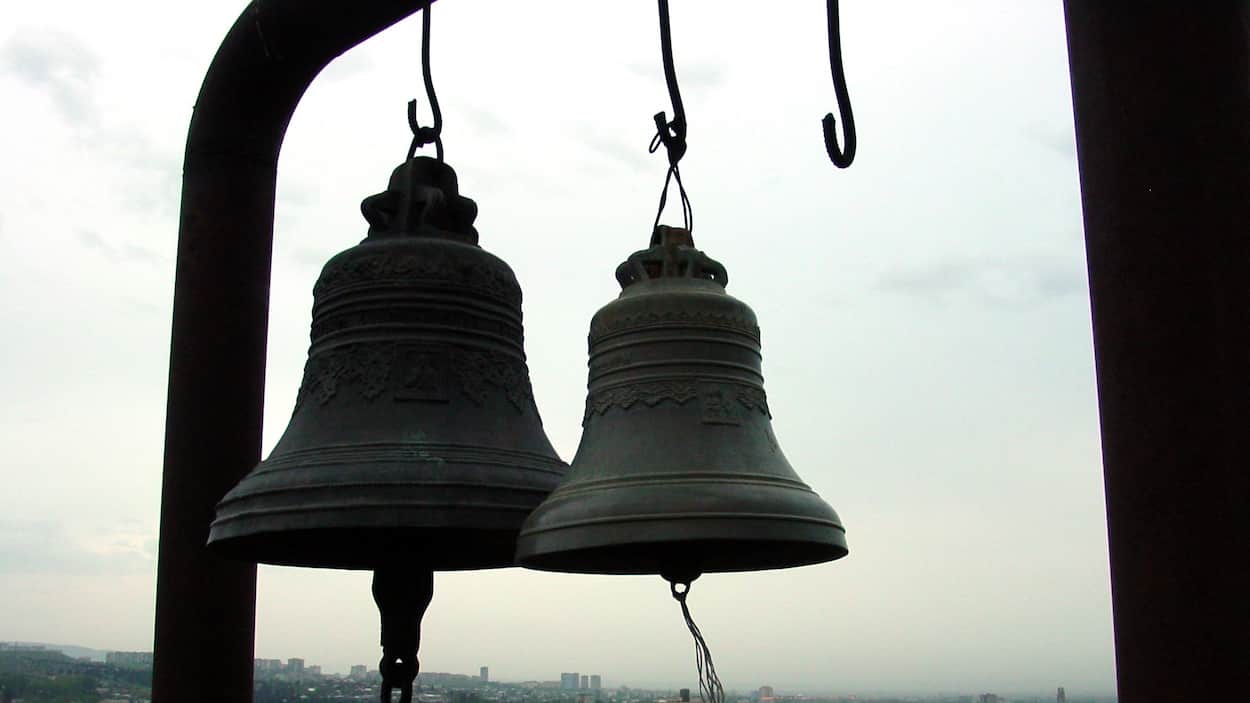Most kids, like me, who attended public schools grew up with a secularized version of Lent. Lent is a time when we are called to reduce our focus on the daily grind and renew our focus on the Paschal Mystery of Christ. This was often missed as the focus. You’ll often hear Catholics ask each other “What did you give up for Lent?” In doing so, we are acknowledging more of a merit badge than a sacrifice.
The goal of giving something up during the 40 days of Lent is to put Christ back in our day. When we give something up that we desire, our bodies remind us. The body uses hunger pangs, thirst, cravings or some other yearning to fill the gap it notices we are missing. We are asked when we notice these desires, to not only overcome them but to use them to recall our upcoming celebration of the Paschal mystery. Catholics traditionally give up sweets, alcohol, between meals snacking or other excesses in our lives for this. Any of our bad habits (addictions) can be put into play.
I guess because the focus became too much on what we give up, in recent years the Church has tried to reemphasize that Lent should be a time of prayer, fast and alms giving. Our “giving something up” should fit within that triad. Lent is 40 days because that has always been the biblical period of fasting. I don’t know why the Church is not consistent and having Advent be a period of 40 days as well. I imagine it is because the emphasis in Advent is preparation more than repentance.
Many people ask why does the calendar show that the number of days between Ash Wednesday and Easter is greater than 40? It is because 1) Sundays are not a day of fast and 2) Lent actually ends on Holy Thursday at the evening celebration of the Feast of the Last Supper. Lent ends at the beginning of the Easter Triduum. (Holy Thursday, Good Friday and Holy Saturday). Our celebration of Easter begins with the Easter vigil which starts at sundown on Holy Saturday. In the Jewish world, the day begins at sundown. We say, “on the third day he rose again.” The Resurrection occurred sometime between sundown on Saturday and daybreak on Easter Sunday.
We give up meat on Ash Wednesday and Friday starting Lent in atonement for the crucifixion. Ash Wednesday and Good Friday are the only days of fasting. If you think about it, the Church asking for 2 of 365 days in a year to fast is not much of a sacrifice. As a child of Vatican II, I was taught growing up that the Church ended its restriction of meat on Fridays throughout the year. I learned a few years ago, however, that this is not true. At Vatican II, the Church allowed us to substitute for this requirement. I know several Catholics who still do not eat meat on Fridays. For me, I tend to eat meat but, I add a second rosary (The Rosary of the Seven Sorrows of Mary or Servite Rosary…) for my personal atonement.
What do vegans do during Lent? One would hope it is more than “giving up meat.” They have already done that. No, they shouldn’t be asked to actually eat meat, but another penitential act is in order. The same is true for the rest of us. Continuing a diet during Lent is not a penitential act. Dedicate a new activity.
As we cannot know Jesus without knowing his Gospels, let us challenge ourselves to read a chapter from Scripture each day. Try reading the Gospel of Luke and then the Gospel of John between Ash Wednesday on Easter Sunday. This can easily be done before dinner as a family or before we turn in for the night. Again, a 10 minute a day sacrifice is not much in the scheme of things.
Dr. Marcellino D’Ambrosio of the Crossroads Initiative has an interesting take on Lenten resolutions. That is, try something new. He posted forty ideas to discern on his website. Alternatively, we could go a step further. Try each of his suggestions on a corresponding day in Lent:
- Take 30 minutes to pray with no interruptions, smart phone or computer. Instead, listen to the Holy Spirit.
- Go to daily Mass for a week.
- Go to a single day Mass in addition to Sunday the other weeks.
- Spend at least 30 minutes in Eucharistic adoration each week of Lent.
- Make frequent visits to the Blessed Sacrament throughout the week, even if it is only for 5 minutes.
- Read a daily Catholic Missal.
- Go to confession with an intentional examination of conscience.
- Fulfill the conditions necessary for a plenary indulgence.
- Spend your first 15 minutes of the day thanking God for the gift of life and offering your day to Him.
- Make the decision to read Scripture every day during Lent.
- Pray the Liturgy of the Hours.
- Plan a retreat.
- Make the Stations of the Cross.
- Stop at least five times during the day and pray “Jesus, I love you”
- Pray the Sorrowful Mysteries of the Rosary.
- Pray a Scriptural Rosary.
- Pray a Rosary with your family.
- Pray for the intentions and health of the Holy Father.
- Pray for your bishop and all the bishops of the Catholic Church.
- Pray for your priests and deacons and for all priests and deacons.
- Pray for the millions of Christians suffering under persecution.
- Pray for Christian unity.
- Pray for the evangelization of all those who have not yet heard and accepted Jesus.
- Pray for your enemies or someone who really annoys you.
- Pray for an end to abortion on demand and for pregnant women contemplating abortion.
- Pray for a just peace in all the trouble areas of the world.
- Pray for an end to capital punishment and for the families of murder victims.
- Find a form of Lenten fasting that is appropriate for you.
- Read from the Fathers of the Church.
- Read a biography of a Saint that particularly appeals to you.
- Watch a video that will enrich your spiritual life.
- Listen to Catholic Radio while driving.
- Volunteer at a local homeless shelter, soup kitchen, or crisis pregnancy center.
- Visit someone at a nursing home or in the hospital or sick at home.
- Visit with a widow or divorced person living in your neighborhood.
- Watch “The Passion of the Christ”
- Invite another to watch “The Passion of the Christ” and discuss it afterwards.
- Spend some special, focused time with your spouse or loved one.
- Spend some focused time together with each of your children, or your siblings, or your parents.
- When Easter comes, don’t drop the new ideas and practice what you’ve begun during Lent.
Mostly, let us remember that like in most things in life, is not what we do as much as why we are doing it. Let us remember to prepare for Easter by being active this Lent.








